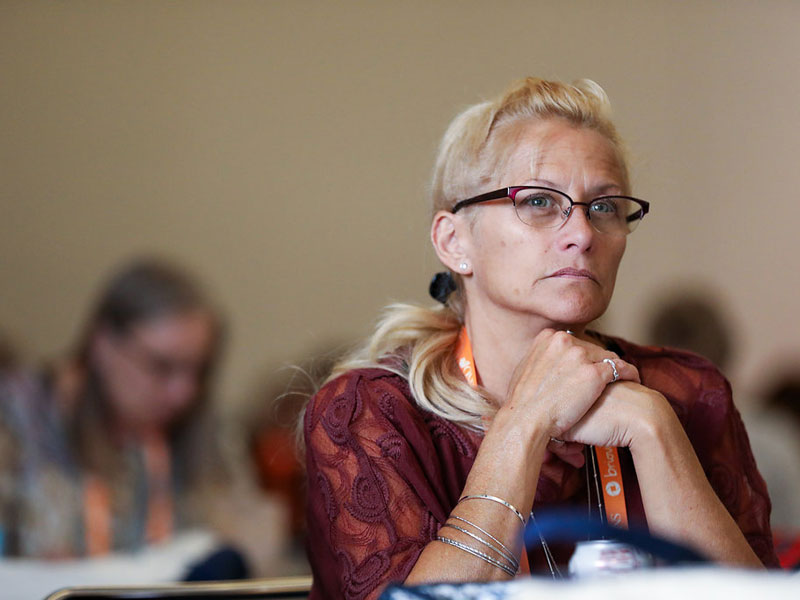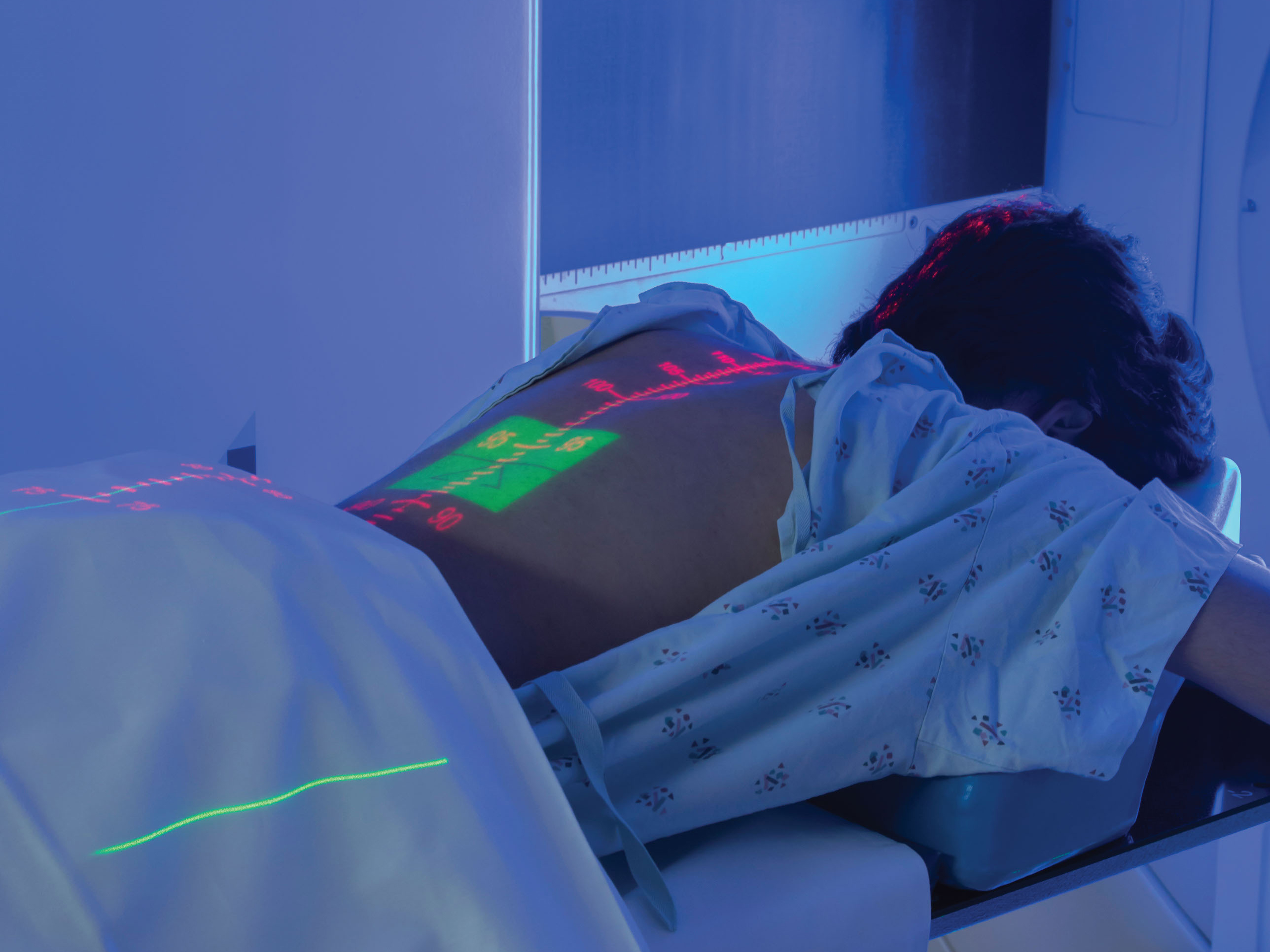FDA Grants Accelerated Approval to Umbralisib for Marginal Zone and Follicular Lymphoma

On February 5, 2021, the U.S. Food and Drug Administration (FDA) granted accelerated approval to umbralisib (Ukoniq™), a kinase inhibitor including PI3K-delta and casein kinase CK1-epsilon, for adult patients with relapsed or refractory marginal zone lymphoma who have received at least one prior anti-CD20-based regimen and adult patients with relapsed or refractory follicular lymphoma who have received at least three prior lines of systemic therapy.
- Read more about FDA Grants Accelerated Approval to Umbralisib for Marginal Zone and Follicular Lymphoma
- Add new comment
NCI Gives a Midpoint Progress Update on the Cancer Moonshot

During his final State of the Union address in January 2016, former President Barack Obama appointed Joe Biden the lead on a new initiative: the National Cancer Moonshot. The goal was to find treatments, cures, and more understanding about cancer—a decade’s worth of progress in just five years.
ONS Board Wraps Up 2020 With Leadership Planning

In its year-end wrap-up meeting on December 8, 2020, the ONS Board of Directors focused on oncology nursing leadership development, both within the general nursing profession as well as within the Society itself. It also finalized the topics for the annual ONS membership survey for January 2021. Highlights from those conversations follow, and ONS members can read a full report in the meeting minutes.
President Biden Rejoins WHO in Support of Pandemic Efforts and Cancer Prevention

One of President Joe Biden’s first executive orders was rejoining the World Health Organization (WHO). He also signed executive orders to require masks on all federal grounds and asked agencies to extend moratoriums on evictions and federal student loan payments, but the WHO executive order has particular implications for cancer care.
- Read more about President Biden Rejoins WHO in Support of Pandemic Efforts and Cancer Prevention
- Add new comment
Nursing Considerations for Lymphoma Survivorship Care

As treatments have advanced and patients and providers have more options, cure and survivorship rates for lymphomas are improving: five-year survival rates for Hodgkin and non-Hodgkin lymphoma are 86% and 71%, respectively. Despite good results from treatment, research indicates that lymphoma survivors carry a significant amount of late and chronic effects. Even in a complete remission, late effects of treatment present a burden for patients' physical and psychosocial well-being.
FDA Grants Accelerated Approval to Tepotinib for Metastatic NSCLC

On February 3, 2021, the U.S. Food and Drug Administration (FDA) granted accelerated approval to tepotinib (Tepmetko®) for adult patients with metastatic non-small cell lung cancer (NSCLC) harboring mesenchymal-epithelial transition exon 14 skipping alterations.
Even Short Treatment Delays Affect Cancer Outcomes

Delaying initiation of cancer treatment by just four weeks is associated with increased mortality rates for patients with seven types of cancers, regardless of treatment type, researchers reported in BMJ.
Celebrate Oncology Nurse Leaders During Black History Month

Each year, February marks Black History Month: a time of celebration, recognition, and awareness of the countless accomplishments and achievements of black leaders and trailblazers throughout history. In the oncology nursing community, it’s no different. ONS’s African American leaders have made a lasting difference to patients with cancer and the professional community, paving the way for future generations and championing excellence in oncology nursing.
Cancer Support Groups Help Patients Develop Critical Connections

Many patients with cancer have supportive friends and family. However, loved ones might be uncomfortable discussing the difficult feelings that arise from a cancer diagnosis and may be afraid or unsure of what to say or do. In a support group, members are open to talking about these difficult topics and patients can feel reassured that they are in a safe space to process the array of thoughts and feelings that come with a cancer diagnosis.
Being Apart Doesn’t Mean Fighting Cancer Alone

Patients with cancer navigate many isolating experiences: treatment side effects such as alopecia, long stays in the hospital, loss of life’s normalcy, and limited time with friends and family.





